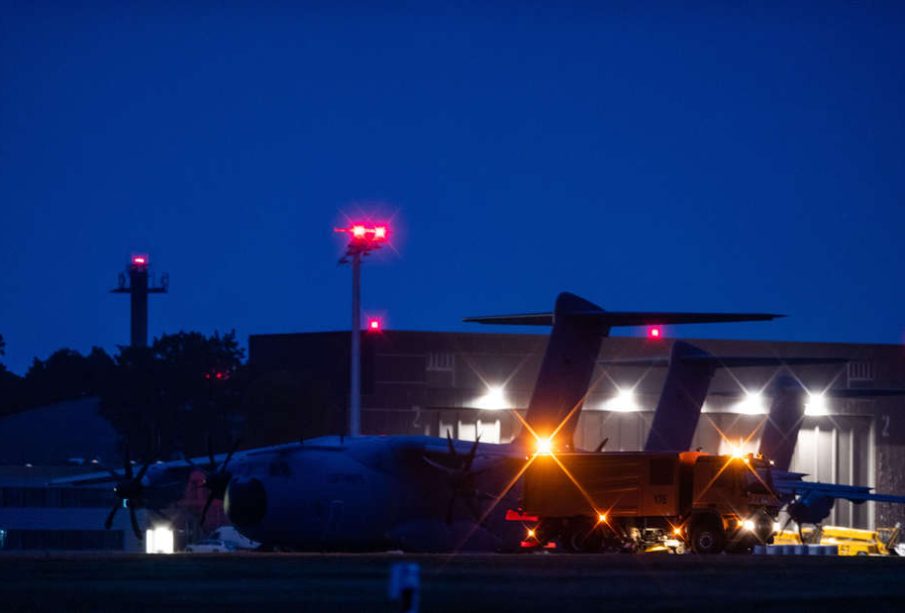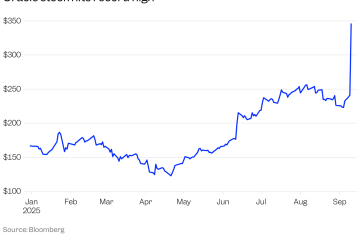Kabul: A City at a Crossroads in 2023

Introduction
Kabul, the capital city of Afghanistan, remains a focal point of global discussions following the Taliban’s takeover in 2021. The city’s evolution and challenges significantly influence the socio-political landscape of not only Afghanistan but also its neighboring regions. Understanding Kabul’s current state is crucial for grasping the broader implications for security, human rights, and international relations in Central and South Asia.
The Current Situation in Kabul
Since the Taliban regained control, Kabul has faced a myriad of challenges, including humanitarian crises, governance issues, and educational setbacks. Reports indicate that the economic situation is dire, with over half the population of Afghanistan facing acute hunger, exacerbated by a lack of international aid and sanctions imposed on the Taliban government. The United Nations has warned that without immediate intervention, millions could face starvation this winter.
Human Rights and Women’s Issues
The return of the Taliban has led to severe restrictions on women’s rights, which has drawn widespread condemnation. Women in Kabul find themselves increasingly marginalized, facing obstacles to accessing education and participating in the workforce. Educational institutions for girls have faced closures, raising concerns among global human rights organizations. Amnesty International highlights that this regression poses a significant setback for gender equality efforts in the region.
Security Challenges
Kabul’s security landscape is precarious, with persistent threats from extremist groups. The rise of the ISIS affiliate in Afghanistan has raised alarms within the region, leading to targeted attacks against civilians and the Taliban forces alike. The security situation remains fluid, and international observers continue to monitor developments closely, pondering the implications for regional stability and counter-terrorism efforts.
International Relations and Aid
The international community remains hesitant to engage fully with the Taliban government. While there have been discussions about humanitarian assistance, the lack of formal recognition complicates matters. Countries like Pakistan, Iran, and China are watching closely, as their interests in Afghanistan shape their diplomatic and economic strategies. An upcoming conference in Islamabad aims to address humanitarian needs and explore avenues for collaboration among neighboring countries.
Conclusion
Kabul stands at a crucial juncture in its history, grappling with severe social, economic, and security challenges. As the city attempts to navigate its future under Taliban rule, the implications extend beyond its borders, impacting regional security and international relations. The need for a coordinated global response is more pressing than ever to address the humanitarian plight and hopefully pave the way for a more stable and equitable future for all Afghans.









